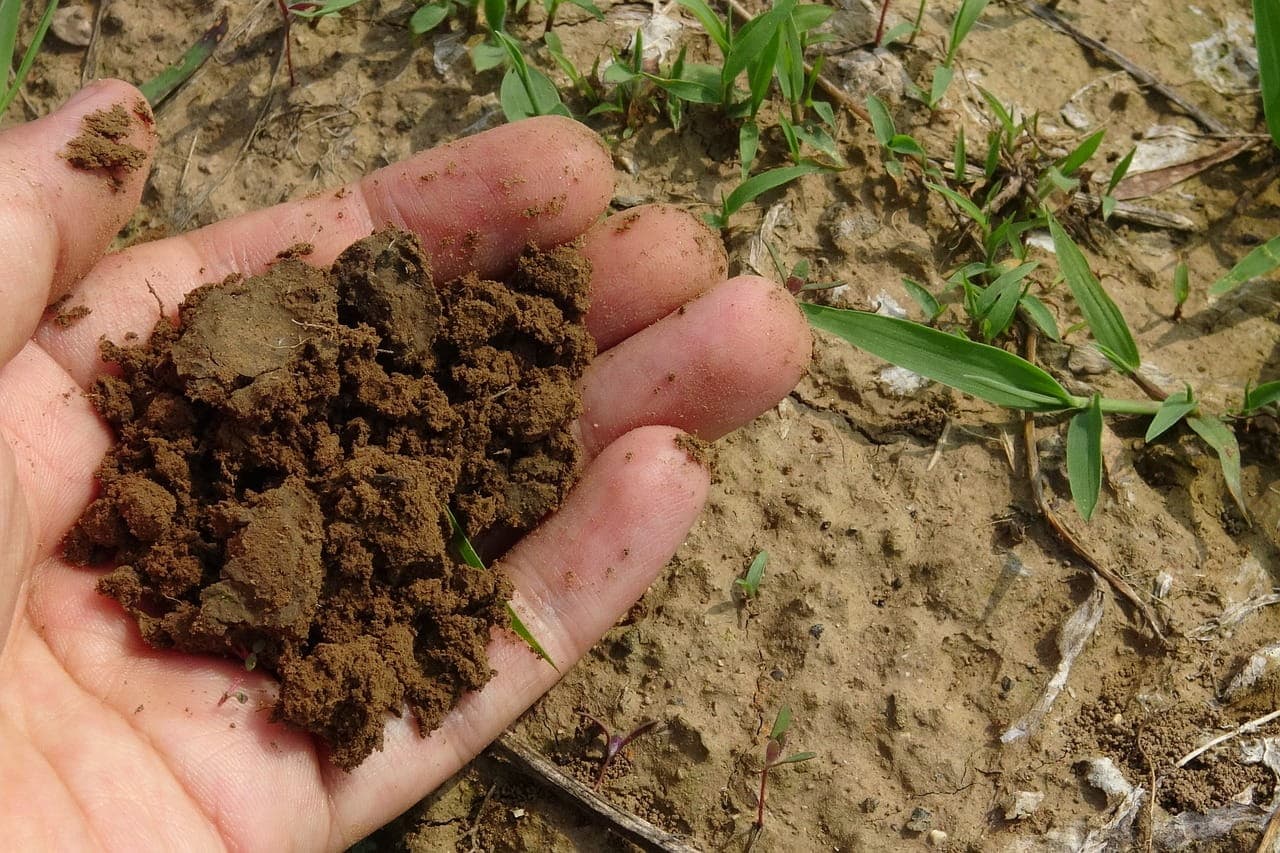Why should a soil test be done and what are its benefits?

Due to the continuous use of chemical substances and pesticides in the field, the fertilizer capacity of the soil of the field decreases. In such a situation, the yield and quality of crops are adversely affected. We all know that plants require many nutrients and micronutrients. Plants absorb various nutrients from the soil. To get the proper amount of nutrients to the crops, it is necessary to get the soil tested before using manure and fertilizers.
What are the benefits of soil testing?
-
By conducting a soil test, one can get information about the amount of salts along with the nutrients present in the soil of the field.
-
Soil test gives information about the pH level of the soil.
-
Nutrients that are lacking can be filled.
-
By selecting crops according to the nutrients present in the soil, one can get good yields.
-
The fertilizer capacity of the soil can be increased.
-
Fungi present in the soil can be detected.
When to do soil test?
-
Get the soil tested in the field 1 month before sowing the seeds or transplanting the plants.
-
Get the soil tested every year for intensive cultivation.
-
It is necessary to test the soil at intervals of 2 or 3 years for cultivating the same crop every year.
Read also:
-
Get information about the benefits of using plastic mulching in different crops from here.
We hope this information will prove to be important for you. If you liked this information, then like this post and also share it with other farmers. So that other farmer friends can also take advantage of this information. To get your farm soil tested, contact the countryside toll free number 1800 1036 110. Ask us your questions related to this through comments.
Please login to continue

Get free advice from a crop doctor
